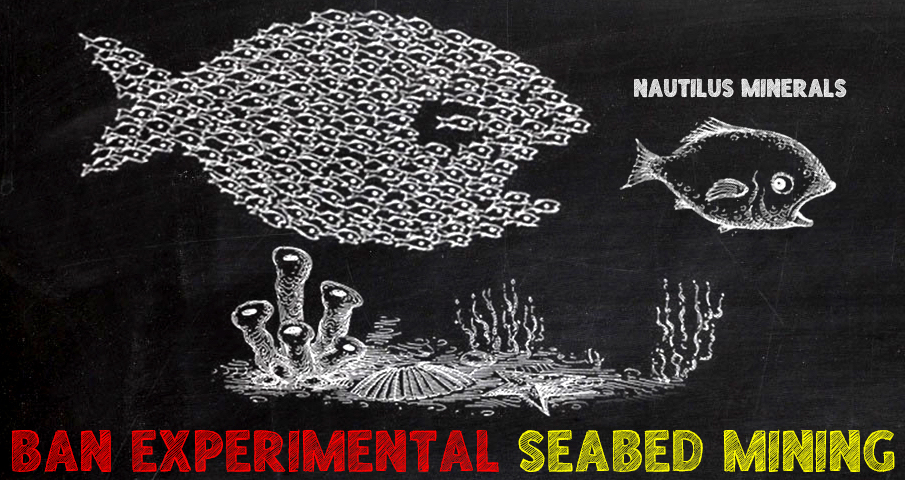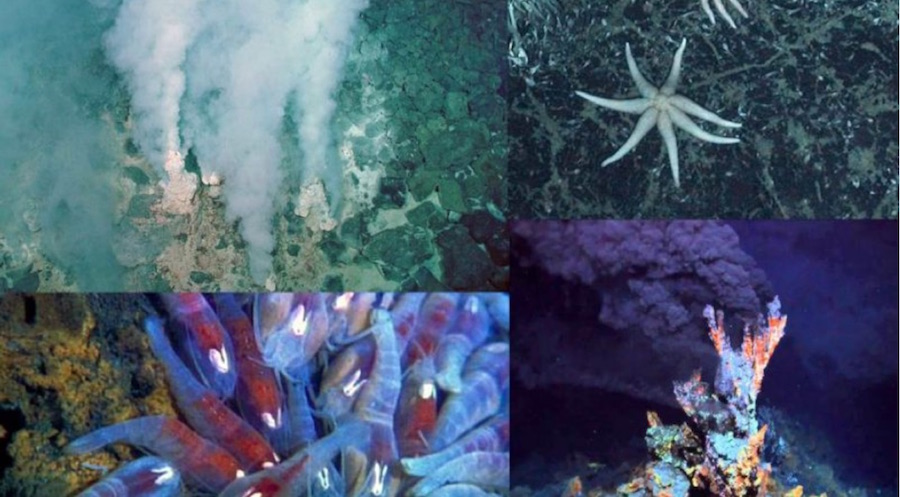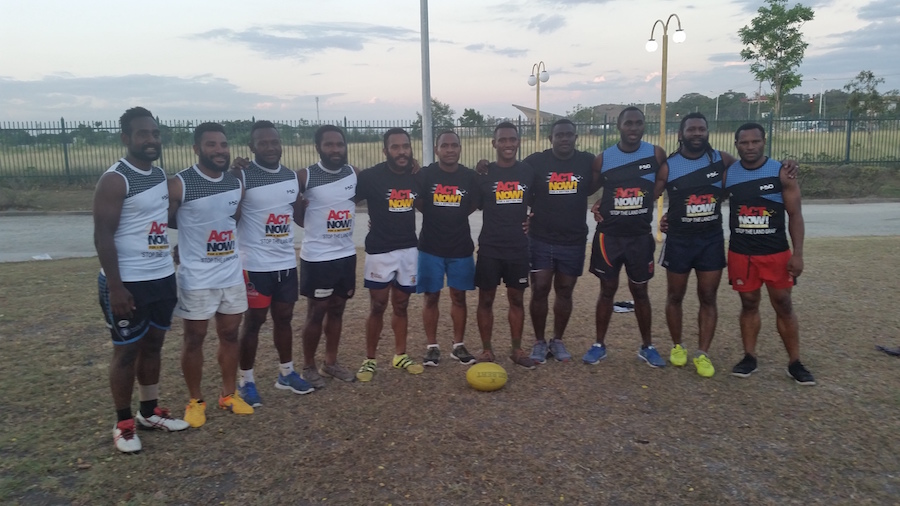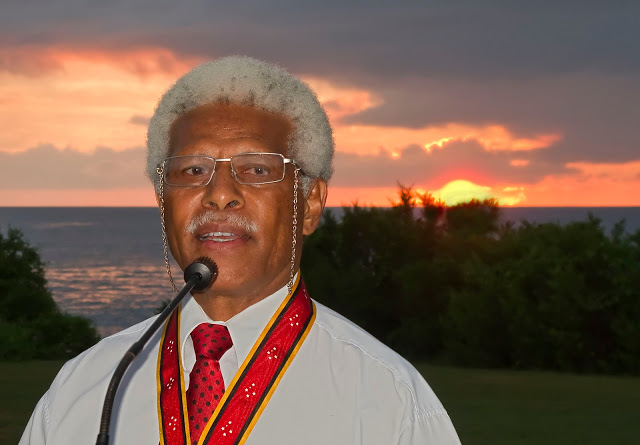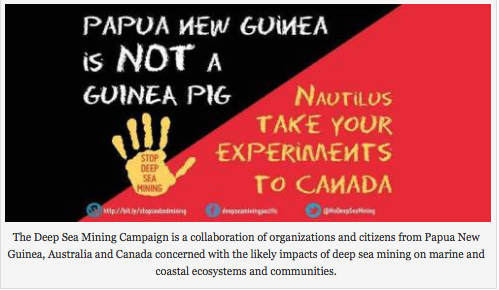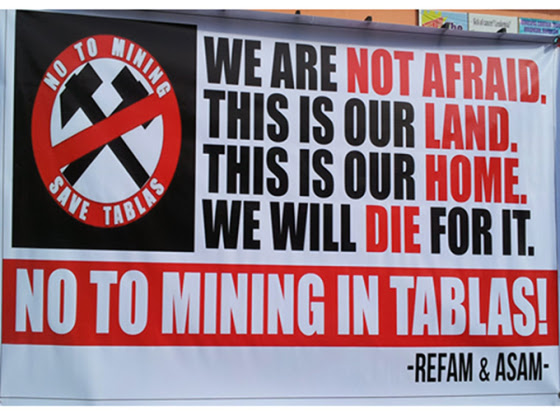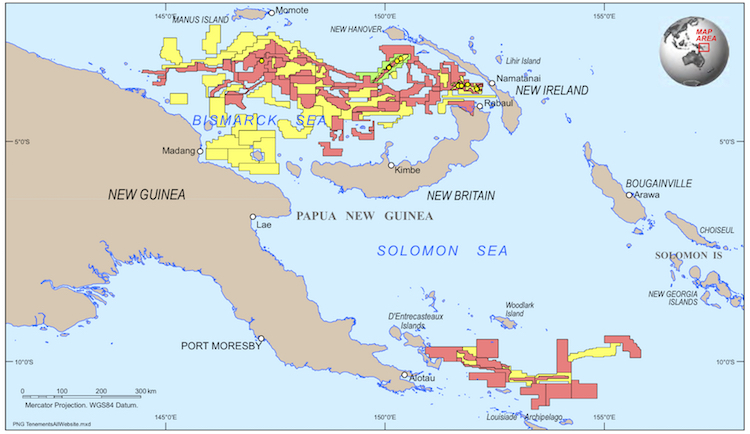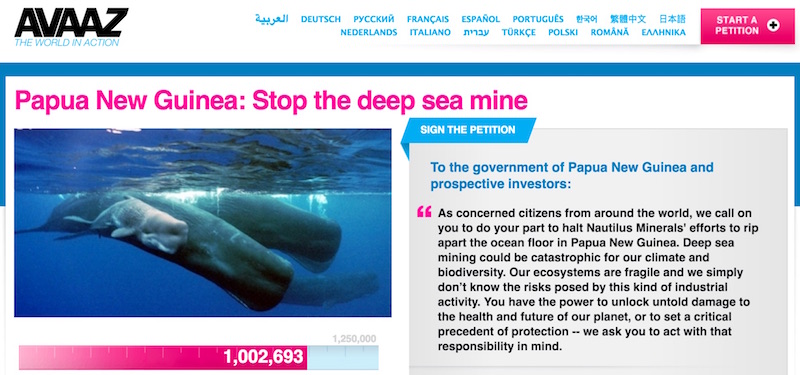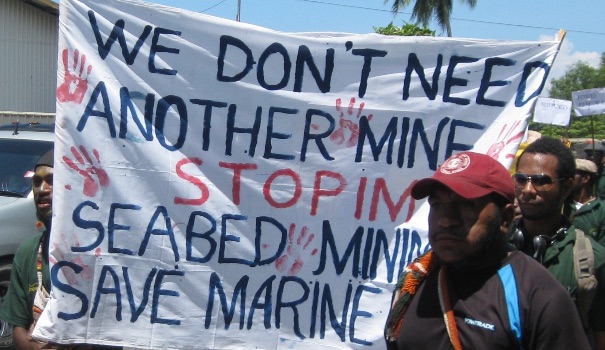
By Lester Seri - Collingwood Bay landowner and Environment Advocate
Our Minister for Mining has made known his support for experimental seabed mining, but he has not given any rational justification for his endorsement of Nautilus Minerals and Solwara 1, especially when there is so much uncertainty and questions being asked about Papua New Guinea being used as a guinea pig.

